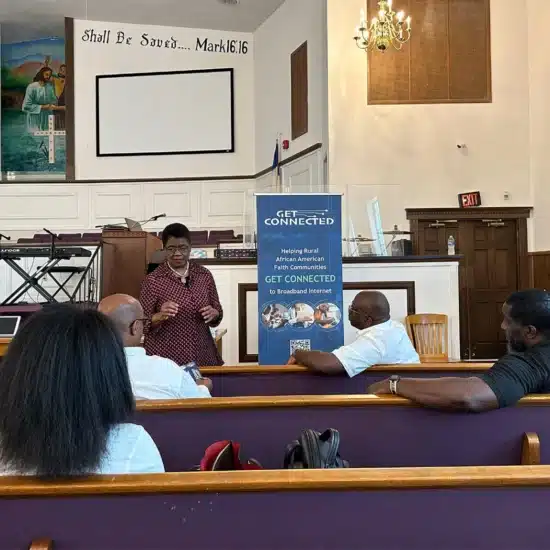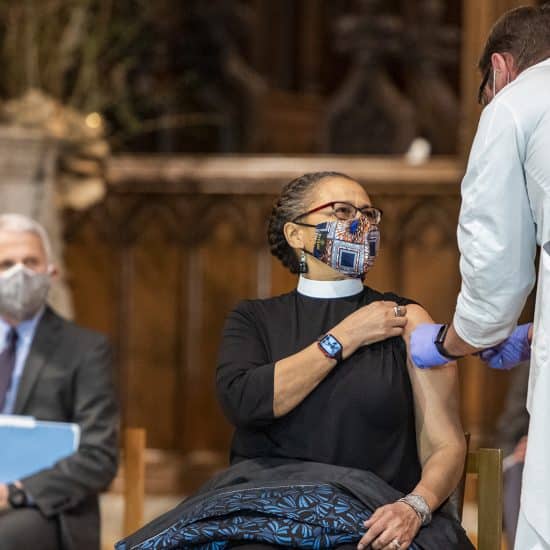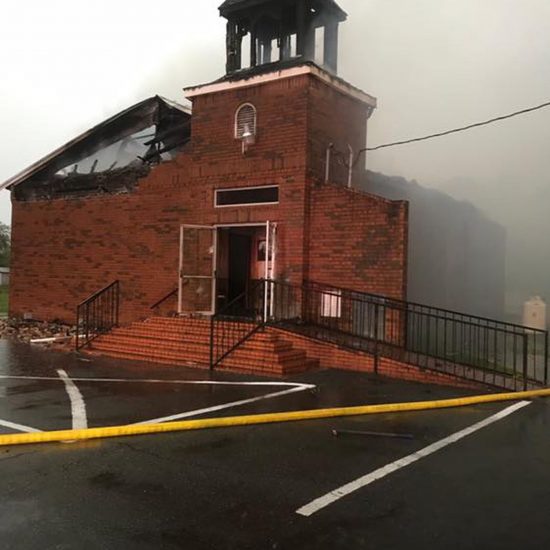Concerned about developing a church security plan? Security expert Chester Quarles suggests starting with a risk assessment.

|
"Risk assessment is usually historical. We need to know what has gone before," said Quarles, professor emeritus of criminal justice at the University of Mississippi.
"We need to know if an incident at another church could happen at ours. Then we can make a list of the threats and weaknesses that most concern our membership. We can look at crime trends and then rate our information by assigning a reliability factor to it."
Begin by contacting the local police department's crime prevention unit, he recommended.
"They can tell you of crimes in your neighborhood and of crimes against other churches in their jurisdiction," he said.
Quarles, author of Crime Prevention for Houses of Worship, observed churches tend to deal with risk in any of five ways—avoidance, reduction, acceptance, spreading or transfer.
Risk avoidance attempts to remove or decrease exposure, while risk reduction seeks to limit risky activities.
"Risk acceptance is what most churches do now—nothing. It basically relies on the myth that there is very little that you can do to prevent or deter crime," he said.
"Risk spreading involves assigning functions to multiple individuals so that the loss impact is reduced." An example would be having two or three people take an offering to the bank for deposit, rather than one person doing it.
Risk transfer means shifting the risk to an insurance company or sharing the loss with another party, such as an armored car service, and thereby minimizing loss.
Churches have a moral and legal responsibility to manage risk, Quarles insisted.
"It should be noted, however, that security analyses, security policies, security plans and security procedures may be subpoenaed in the event of a premises liability lawsuit," he said.
"While the total lack of security planning is a strong negative issue, the problem of failing to live up to your own policies, procedures, and plans will certainly be exploited by opposing council in a lawsuit."






